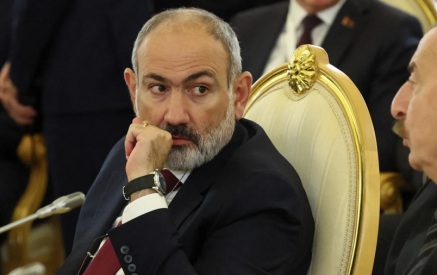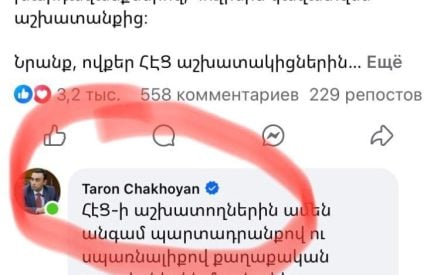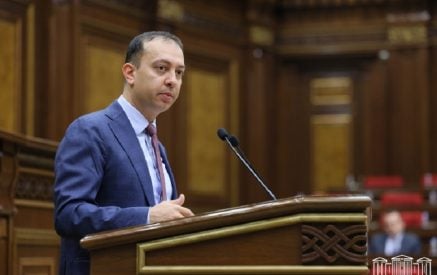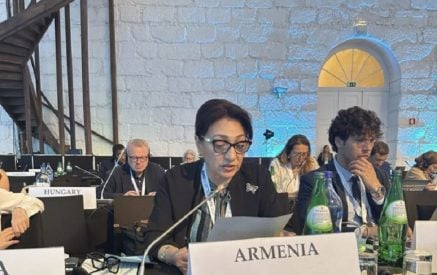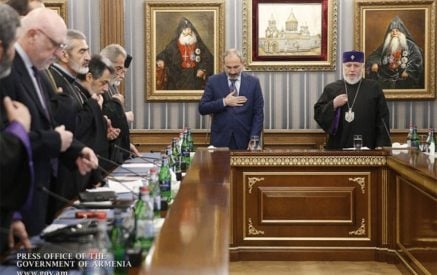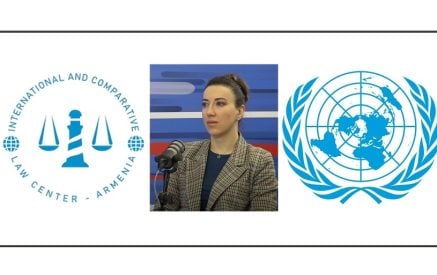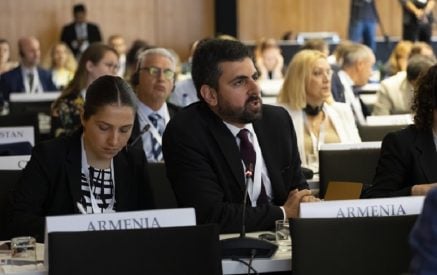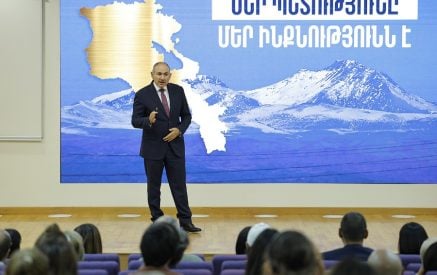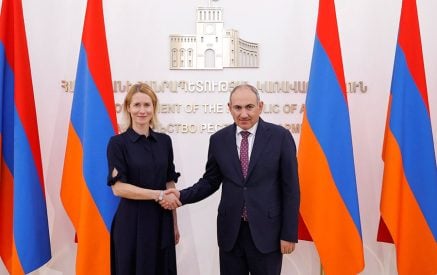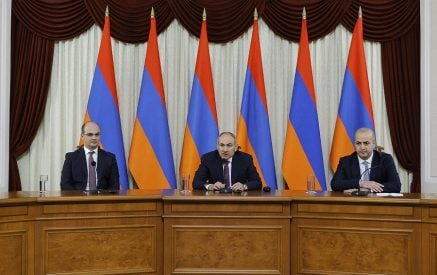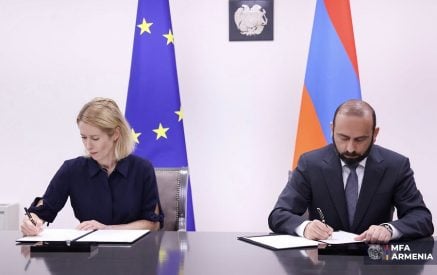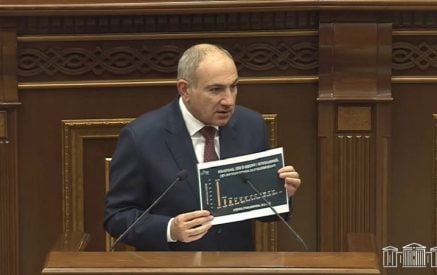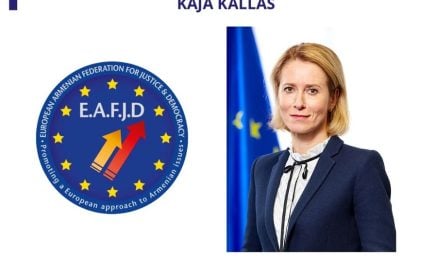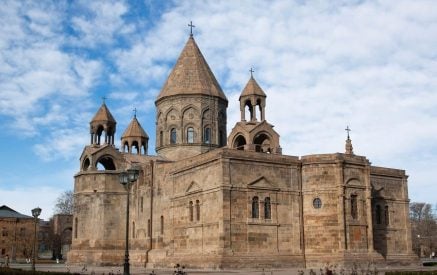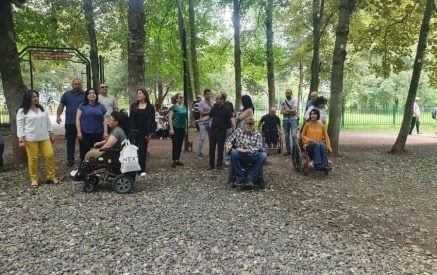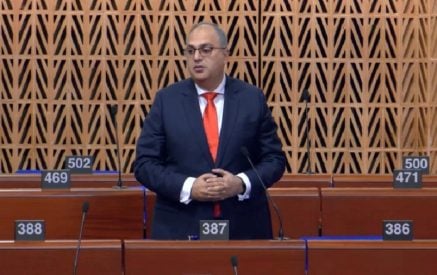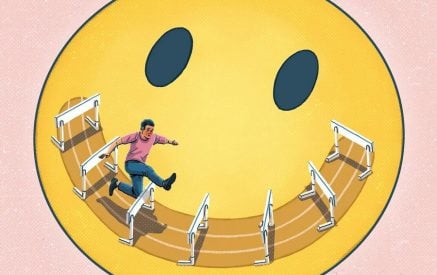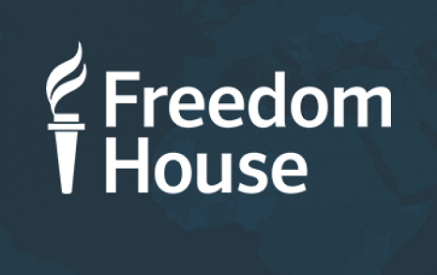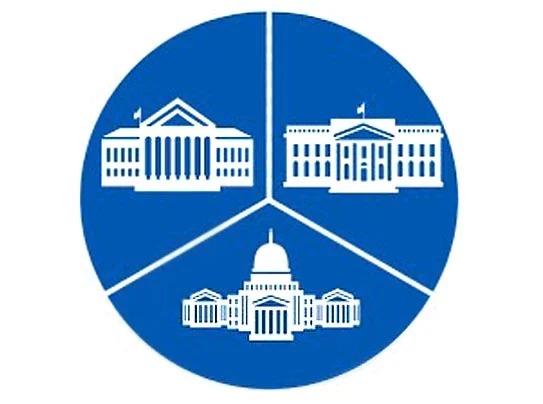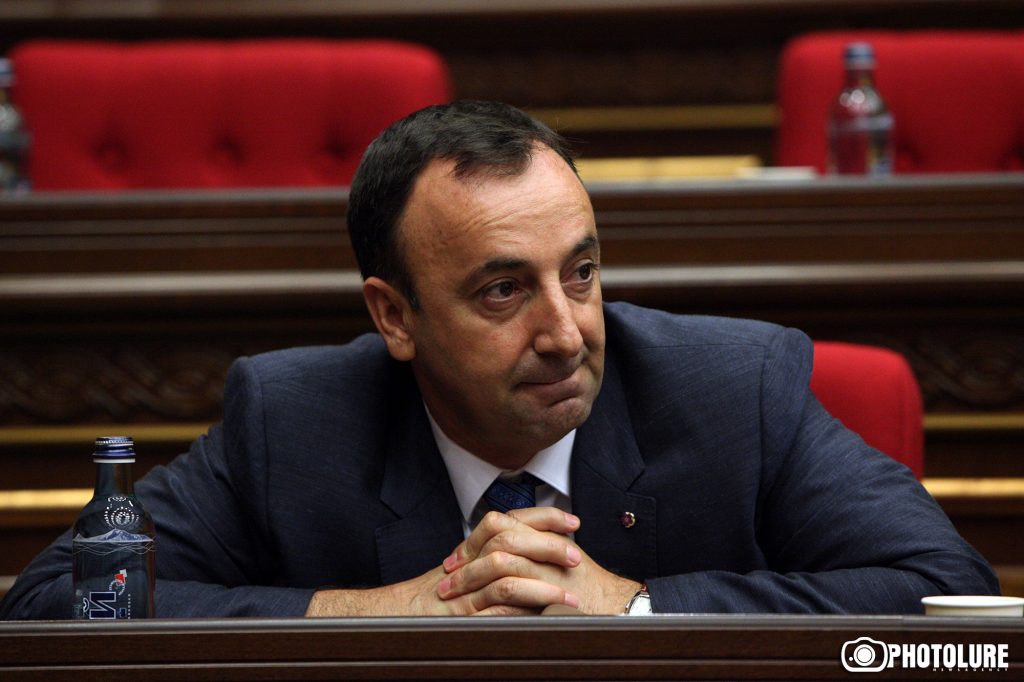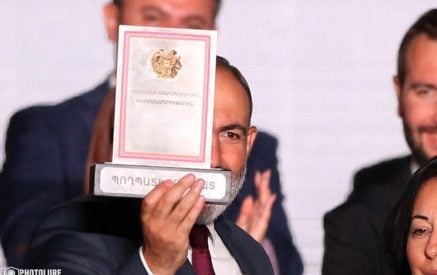If the king is “great,” can he control mayors, village leaders, and judges?
The idea of separation of powers has as old a history as a democracy. When people thought that the “demos” (regardless of what that meant) should have some power, they also designed a structure of the state where state institutions could operate “autonomously” and independently, so that none of them will have absolute power or make arbitrary decisions. For example, from the 8th century BC onwards, Ancient Sparta was governed by the laws written by Lycurgus, which provided separate functions for the king, the nobility, and the people (of course, only free citizens). By the way, seeing the “negotiations” that were taking place in the parliament of Athens, Lycurgus in his country gave that state body the right to adopt or reject the law, but forbade the legislators to speak during that time.
As a legal concept, the separation of the executive, legislative, and judicial branches was formulated only in the Enlightenment, in the 18th century, in particular in the works of Montesquieu and Locke. Our compatriot Shahamir Shahamiryan was also under the influence of those ideas. His work “Glorious Ambush” also envisages the division of the wings of power. But no matter how brilliant the idea, it was sent to the Armenian politician in India, a British colony, and Armenia, even if it got rid of a foreign yoke (which, of course, Shahamiryan dreamed of), was very far from Britain with its traditions and public mentality. Is it close now?
The principle of the separation of powers is reflected in the constitutions of almost all countries (including Armenia). To what extent is it implemented even in developed democracies? If any party takes full legislative and executive power, then the full independence of the judiciary seems quite problematic. And it can be seen even from legal practice. In the United States, for example, the president has the power to appoint members of the Supreme Court to replace those who have left, and this is often done in the context of “party appointment.” That is why legal specialists in the West talk not so much about the separation of powers, but about the mechanism of restraint and counterbalance, the cooperation of the majority and the minority, decentralization, and so on.
Read also
But in Armenia, both the principle of checks and balances and the actual separation of powers have remained on paper. First, the idea of decentralization, which has become an integral part of any democracy, has not taken root in the minds of either the authorities or the majority of society during these 30 years. It seems to the government and the governors that they can “fire” the mayors as if the former are “mobsters” and the latter are “landlords,” or in more modern terms, “secretary of the regional committee – chairman of the kolkhoz.” If the mayors are not fired (for example, for disloyalty), the repressive toolkit is activated.
The same goes for the judiciary. For 27 years, until 2018, it was attached to the executive branch. Maybe that’s why after the revolution, it turned out that not all judges appeared in the pockets of the new executive branch. Now, this government is trying to eliminate this “flaw” and return to the old order (of course, it is not spoken about loudly). The case got to the point that the supporters of the government gathered in front of the Constitutional Court and threatened the judges, saying, “If you do not make the decision we want, we will arrest you.” Of course, citizens have the right to gather in court and demand that judges make this or that decision. But when the government, in fact, threatens to imprison judges if their decision does not satisfy them, it is direct interference in the judicial process. Of course, it is the same when the Prime Minister sends citizens to block the courts.
However, the important thing here is not so much the problems that arise at the institutional and practical levels; they exist in all countries. More noteworthy is the fact that the obvious violation of the principle of separation of powers by the authorities seems quite natural to the public. The reason, apparently, is that both in the Soviet period and before, we lived in an environment of vertical “king-prince-peasant” relations, and the horizontal ties of state institutions based on mutual trust and respect are alien to us. We have not been able to reform in thirty years what developed countries have overcome in three centuries.
And the question still remains- is this the path we must take?
Aram Abrahamyan


